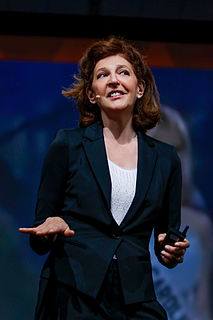A Quote by Jeffrey Tambor
Lying and art are very allied. But after you lie, you get to the truth.
Related Quotes
Man demands truth and fulfills this demand in moral intercourse with other men; this is the basis of all social life. One anticipates the unpleasant consequences of reciprocal lying. From this there arises the duty of truth. We permit epic poets to lie because we expect no detrimental consequences in this case. Thus the lie is permitted where it is considered something pleasant. Assuming that it does no harm, the lie is beautiful and charming.
It’s not enough to be able to lie with a straight face; anybody with enough gall to raise on a busted flush can do that. The first way to lie artistically is to tell the truth — but not all of it. The second way involves telling the truth, too, but is harder: Tell the exact truth and maybe all of it…but tell it so unconvincingly that your listener is sure you are lying.
What I've discovered is that in art, as in music, there's a lot of truth-and then there's a lie. The artist is essentially creating his work to make this lie a truth, but he slides it in amongst all the others. The tiny little lie is the moment I live for, my moment. It's the moment that the audience falls in love.
That’s the secret to performance: conviction. The right note played tentatively still misses its mark, but play boldly and no one will question you. If one believes there is truth in art – and I do – then it’s troubling how similar the skill of performing is to lying. Maybe lying is itself a kind of art. I think about that more than I should.


































